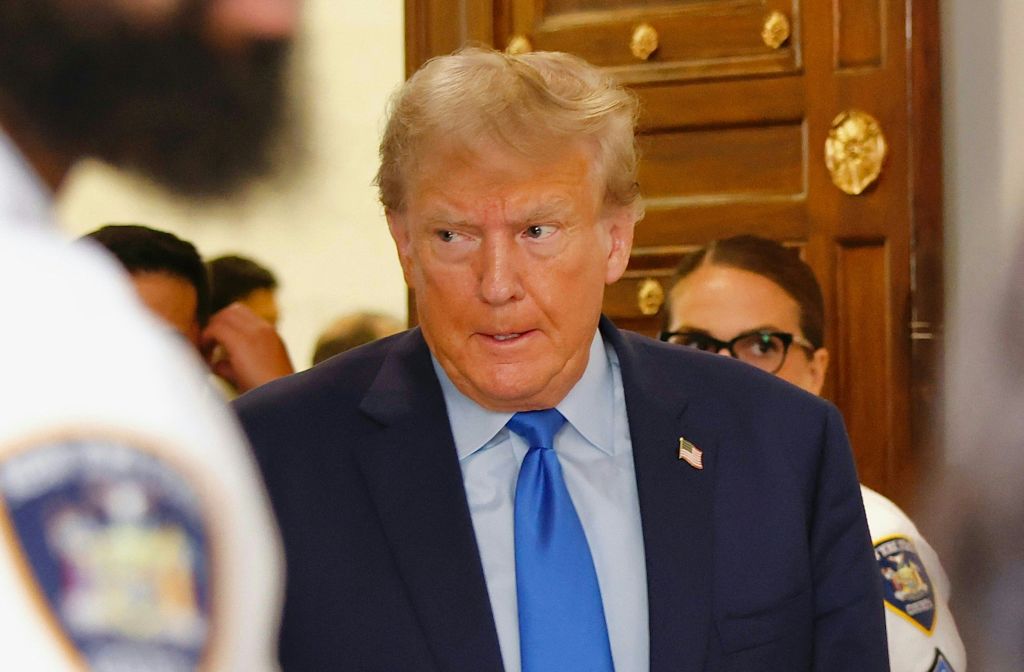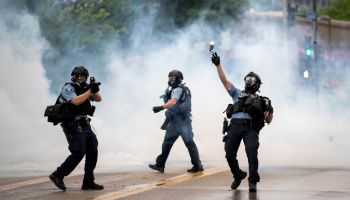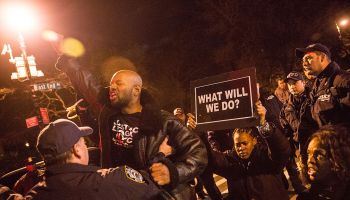Minneapolis municipal elections occur in November, and voters will decide whether the city reimagines its approach to public safety. Last week, the Minneapolis City Council approved a ballot question whether to amend the city’s charter by disbanding the police department and creating a new Department of Public Safety.
If approved, the measure would remove control of policing and public safety from the mayor. A commissioner nominated by the mayor and approved by the city council would lead the new department.
The proposed public safety approach would include licensed peace officers (police officers) as needed. But the difference is the department would also consider other alternatives as a core part of providing services to city residents.
Those in favor of changing the city’s charter say it’s necessary to prioritize real safety, moving toward a public health-based approach. Local organizers gathered over 20,000 signatures for the ballot initiative as a part of the Yes 4 Minneapolis campaign.
“This measure would create a comprehensive public health approach to public safety, so that all of us, no matter what we look like or which neighborhood we live in, have an equal opportunity to live safely and securely,” reads the campaign website.
In the wake of George Floyd’s murder, a collective of organizations and concerned residents sought meaningful next steps beyond protesting. Organizers say changing the city’s charter will lead to safer communities and eliminate barriers to reform and structural changes blocked by the 1961 city charter.
“Minneapolis politicians and police have long failed to address the race-based harm and violence that continue to plague the Police Department, and the 1961 city charter has blocked any real structural reform,” continues the statement.
The ballot question will include an additional explanation of what the charter amendment will do. Besides removing the power of policing from the mayor, the amendment would remove requirements around funding policing of at least 1.7 employees per 1,000 residents. It would also get rid of an extra 0.3% property tax to fund police compensation.
Minneapolis Public Radio reported Mayor Jacob Frey refused to sign off on the initiative claiming it was a setback for “accountability and good governance.” Both Frey and the entire city council are up for re-election this year.
Frey has been at odds with several city council members over how to handle demands for addressing public safety concerns. He supports reforming the existing police department.
Over the past year, the greater Minneapolis area has featured prominently in the battle for policing reform. After the killings of Daunte Wright and Kobe Dimock-Heisler, Brooklyn Center passed a resolution committing the city to create unarmed alternatives to traditional policing in traffic enforcement and community response.
A recent poll commissioned by the ACLU showed residents favored the reforms, with most residents supporting a reallocation of some police resources to alternatives like mental health response teams.
Minneapolis will add a mental health response team in August. Where appropriate, the response teams will be dispatched through 911 without a police presence.
SEE ALSO:
Darnella Frazier’s Uncle Killed In ‘Irresponsible’ Police Crash
George Floyd’s Family To Receive Historic Settlement In Wrongful Death Civil Suit

















